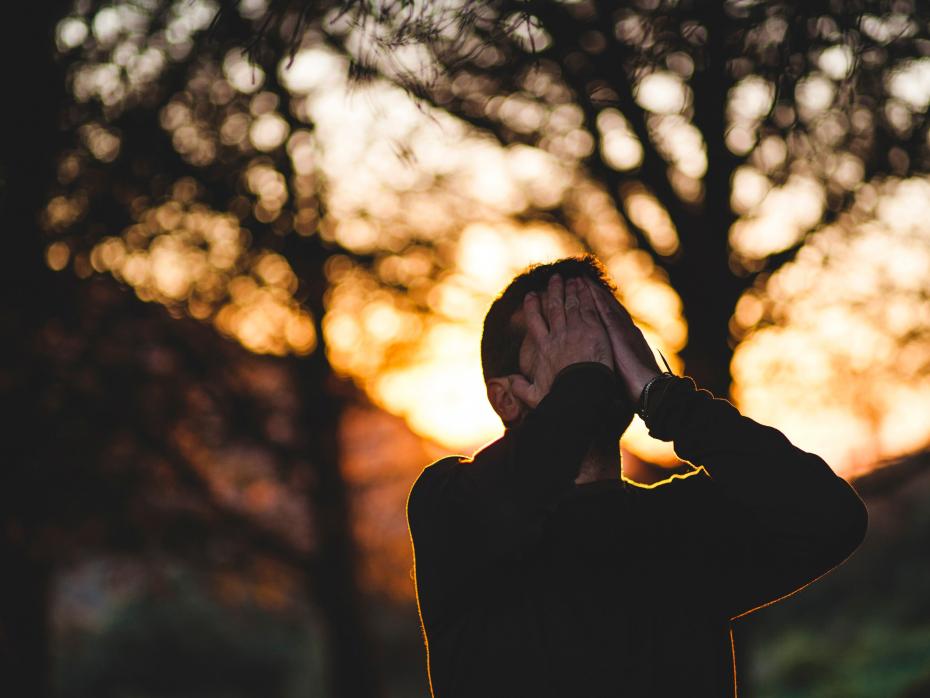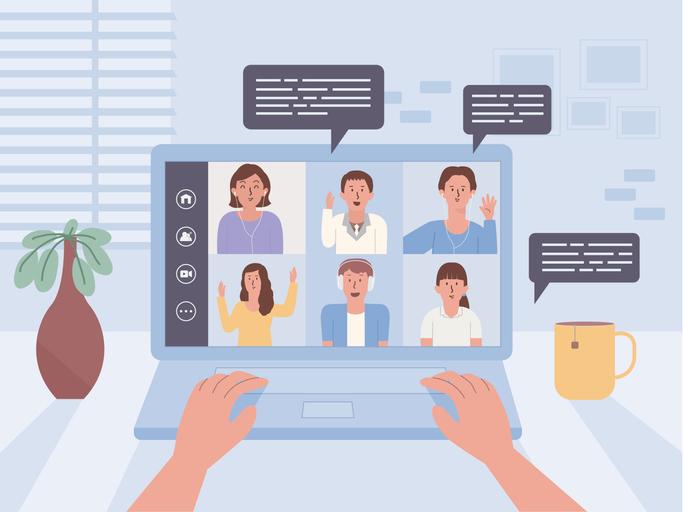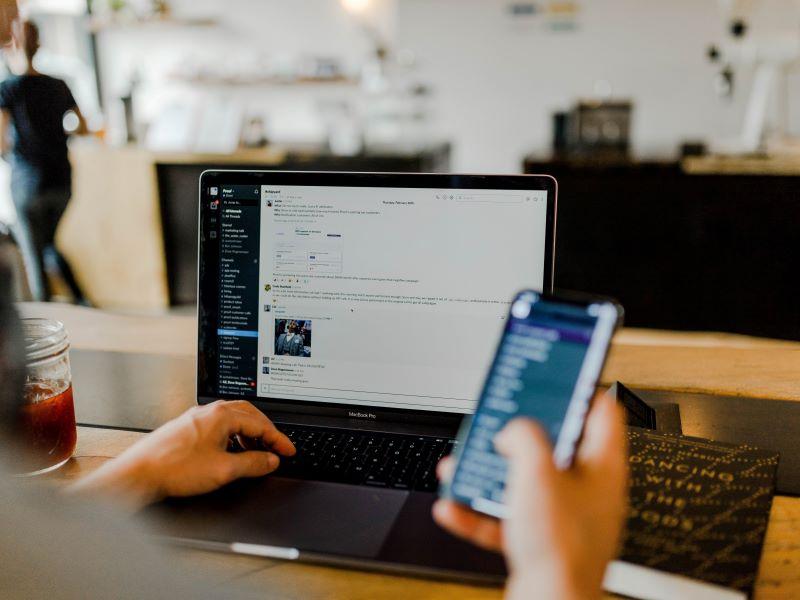Addressing taboo or difficult subjects can be challenging in higher education, yet without open dialogue, and student and staff participation, we cannot change the inequalities that affect our university community. Through collective action, we can create an inclusive environment where openness and understanding replace stigma and shame.
Edinburgh Napier’s student-led collective tackling period poverty and menstrual shame, Bleedin’ Saor (saor is Gaelic for “free”), was launched in response to the Scottish government’s pledge to provide free access to menstrual products for all in education. This move was universally welcome but did not address how these products were made available, product sustainability, period poverty or, vitally, menstrual shame.
Of course, government initiatives are not the only indicators of where you can make a difference. Other experiences that can cause students to feel isolated and unheard include economic hardship, gender inequalities, racial prejudice and stereotyping. Look at current affairs and your wider community and use simple observation to identify what makes topics taboo in the first place as well as the root causes of stigma and shame.
How to create an open atmosphere where taboo topics can be addressed
In order to talk about difficult subjects, such as menstruation, sexual health or body image, everyone must be able to participate in a way they feel comfortable. This means all students (including remote, part-time and international), staff, the local community and industry bodies. Sometimes a lack of understanding around an issue stems from a generational, economic or gender divide. In the case of Bleedin’ Saor, it was important to remember that not all women menstruate and not all people who menstruate are women.
Here are the pillars we use to ensure this happens:
- Educate: To demystify taboo topics, create resources that are accessible to all. Make content available in more than one format, across multiple platforms and through internal communication networks. This might be a website, digital documents, films or podcasts.
- Student led: Addressing difficult topics gives students essential communication skills and the university gains fresh ideas and perspectives. Student-led collectives, interdisciplinary projects and collaborative work placements are great forums to tackle taboo subjects. Work with external organisations to coordinate active-learning experiences and embed these in the curriculum.
- Be bold: Develop activities and events that make people stop and think. Our goals for the first university Bloody Big Brunch were to collect period product donations and to end the silence around menstruation in a bold and fun way. The events included period-themed food and drinks, photo booths, live music and educational demonstrations.
- Collaborate: The more, the merrier – involve community groups, charities, businesses and international organisations. When we established Bleedin’ Saor in 2019, our first step was to find meaningful ways to collaborate with organisations working in the menstrual movement. Our project partners Hey Girls provided mentorship and design challenges and we involved many contributors in the production of our documentary, Bleeding Free.
Starting the conversation is often the hardest part
It’s not easy to broach taboo or uncomfortable subjects, but you can get people talking through:
- Consultation: You can learn a lot from what other groups are doing. Talk to students, staff, the community and stakeholders. Attend conferences and events or engage on social media. Use student societies to involve students. Sometimes there is a danger that organisations working to tackle social issues may see others in the field as competitors, but collaboration and an open mind can break down barriers.
- Humour: Yes, humour. It can address challenging topics sensitively and without alienating anyone. As part of our Bleedin’ Saor social media campaign to get our message across, we used wordplay such as “stop ovary acting”, “it’s just blood” and “don’t let your period cramp your style”.
- What’s in a name? A name can express your goals and ethos in an immediate and memorable way. Bleedin’ Saor, for example, communicated our belief that period products should be free for all while also making our Scottish identity clear. The look and feel of your logo, branding, content and events have a massive impact. Take branding seriously and involve students in the decision-making. Make sure you don’t infringe upon existing names or logos and are inclusive in your language and graphic styles. Our Bleeding Free educational booklet was designed to support young people early on in their menstrual journey, so we used simple, clear language as well as bold visuals.
How to instigate positive change
Practical steps you can take to enable difficult topics to be addressed include:
- Embed taboo topics and social challenges in the curriculum: Are there group or interdisciplinary projects or work-based learning modules to address these topics where students can collaborate?
- Find funding: We were able to access government, learning and teaching, and mobility funding to support our project.
- Engage university staff: We created Period Blether (blether translates as “chat”), a blog where contributors talk about their experiences of menstruation. We invited staff to contribute as well as students, so we led by example in breaking down barriers.
- Social media and digital content: Use polls to gather opinion, promote your events and encourage change in a visually engaging way.
- Document your project: Storytelling is a powerful tool in breaking down barriers. Document your journey through film, images, blogs and articles. Bleeding Free has been screened at film festivals, conferences and educational institutions across the world. This has led to our campaign for menstrual dignity going global and breaking down barriers internationally.
Lindsay Morgan is placement officer for the School of Arts & Creative Industries at Edinburgh Napier University and co-producer of Bleeding Free.
The Bleedin’ Saor initiative was shortlisted for Outstanding Contribution to Equality, Diversity and Inclusion at the THE Awards 2021. A full list of shortlisted candidates can be found here and the winners are here.
If you would like advice and insight from academics and university staff delivered direct to your inbox each week, sign up for the Campus newsletter.




comment